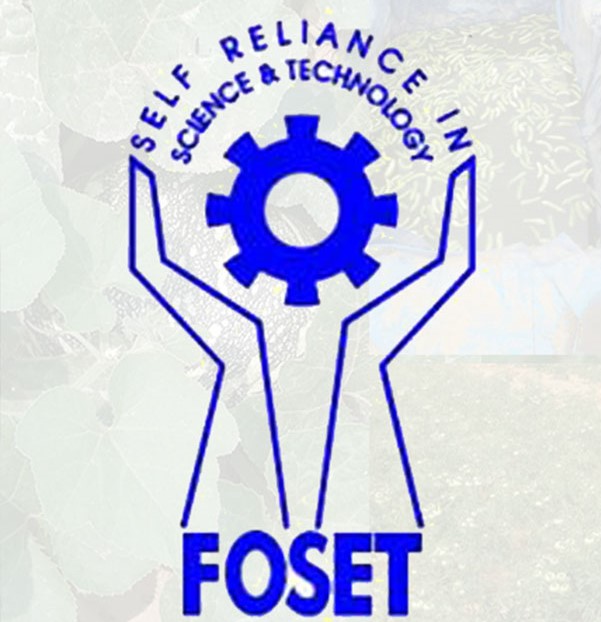Optimizing the fuel required by a vehicle using Taguchi
Abstract
The requirement of fuel is essential for everybody to maintain their daily lifestyle. Petrol being a major area of concern in recent times due to its scarcity soon, it is the responsibility of all to use this in an optimized manner. A broad transport network within India results in huge demand for petrol due to which optimizing the use of petrol without giving up on the need is the goal. This goal can be brought through this fuel optimization technique. The main aim of this research was to find out the fuel economy of a vehicle by optimizing the factors influencing the fuel economy. Factors that were considered were the speed at which the vehicle will move, the load that is the number of people on the vehicle, and the tire air pressure of the vehicle. By differing the factors according to the requirement and investigating with the help of S/N ratio signal to noise ratio and regression analysis we have tried to optimize the fuel requirement without sacrificing any of our needs which in turn will also help us economically in a long run.
Downloads
References
Yiyong, X. et al. (2012). “Development of a fuel consumption optimization model for the capacitated vehicle routing problem”. Computers & Operations Research, 39(7) 1419-1431.
Shukla, A.K. et al. (April 2017). “Development and Optimization of PCM Based Technology for Cooling Applications for Improvement of Fuel Efficiency in Commercial Vehicle”. SAE World Congress Experience,
David, B. et al. (2009). “The impact of residential density on vehicle usage and energy consumption”. Journal of Urban Economics, 65(1) 91-98.
Hoon, L. et al. (2017). “Model-Based Fuel Economy Technology Assessment”. SAE Technical Paper 2017-01-0532.
Samprit, C. et al. (2013). “Regression Analysis by Example”. 3-421.
Blackmore, D.R. et al. (1997)”Fuel Economy of the Gasoline Engine: Fuel, Lubricant and Other Effects”. (1st edition) 4-275.
Blackmore, D. R. et al. (1997).”A. Thomas, W. S. Affleck, uel economy of the gasoline engine: fuel, lubricant, and other effect”. (suppl. 1).
Roy, R. et al. (1990).” Primer on the Taguchi Method”. 1st edition 1-247.
Olivier, L. et al. (2015).” Power-to-Gas: study of the conversion efficiency & process integration”. 2-210.
Roy, R.K. et al. (2001).”Design of Experiments Using the Taguchi Approach: 16 Steps to Product and Process Improvement”. 1st edition 6-560.

